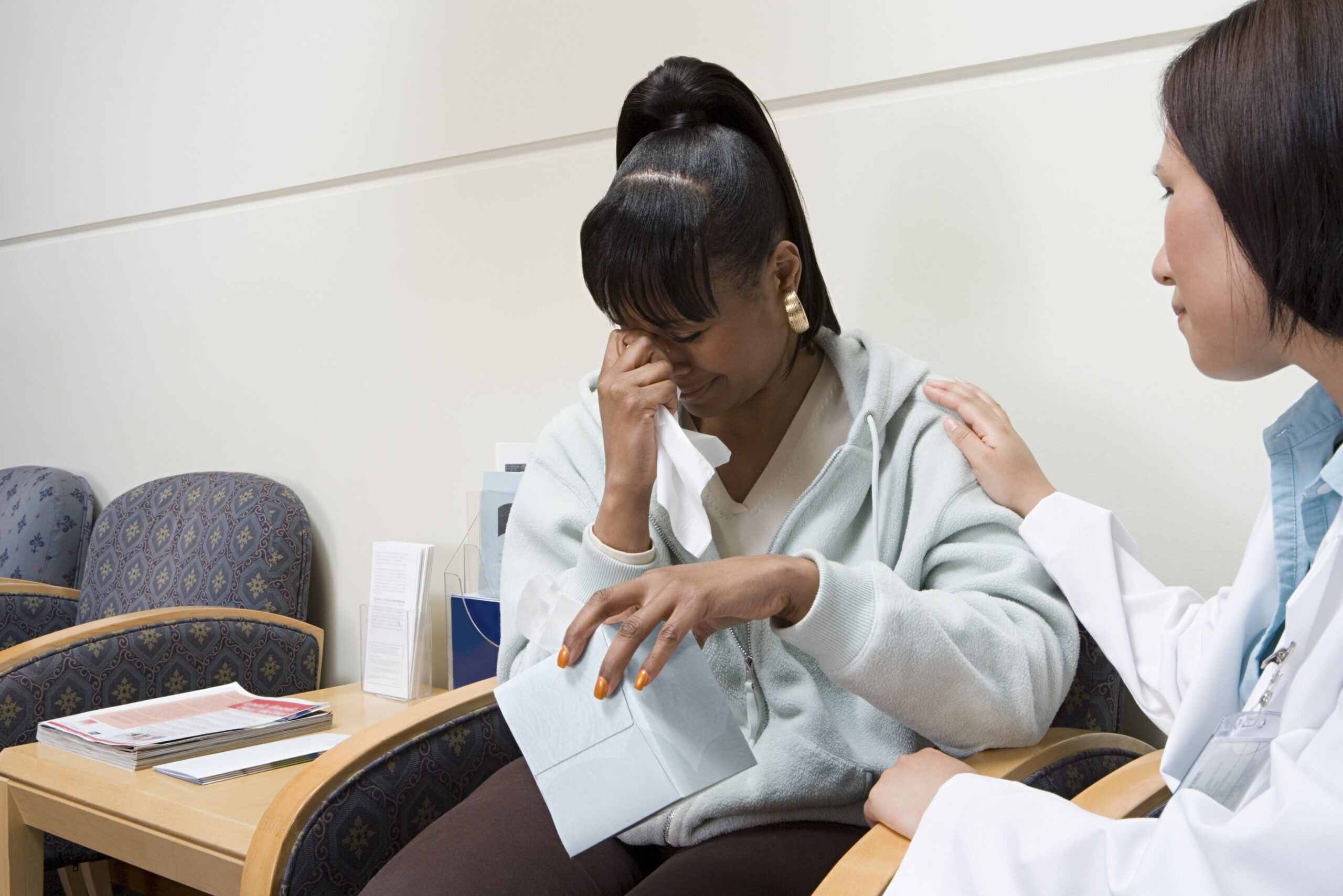The American Cancer Society has released its annual report on cancer data, and the results depict a startling connection between cancer prevalence and anti-LGBTQ+ discrimination. Alongside statistical information on new cancer cases and mortality rates, the study revealed health disparities in the queer community when it comes to cancer screening and treatment.
The 2024 Cancer Facts & Figures report included a Special Section dedicated to cancer data in the LGBTQ+ community, with the goal of providing “information about cancer prevention and what the ACS is doing to reduce barriers to care and cancer disparities.”
RelatedWhen everyone assumes you’re straight, how can you convince them you’re gay? One TikToker has some ideas…
“More than half of LGBTQ+ adults have experienced harassment, including slurs, microaggressions, sexual harassment, and violence, and 1 in 3 have experienced discrimination simply trying to use the bathroom,” the report began. “This discrimination is most common among people of color and extends to health care settings. One in 6 LGBTQ+ adults, and 1 in 5 transgender adults specifically, avoid health care due to previous discrimination.”
Culture, unfiltered
Twice a week, our newsletter will bring you the pulse of queer culture, from the tastemakers to the groundbreakers.
As a result of these experiences, LGBTQ+ people are more likely to avoid healthcare settings, which creates barriers in care. “LGBTQ+ individuals with cancer experience disparate outcomes across the cancer continuum, including prevention, screening and early detection, diagnosis, treatment, and palliative care,” the report explained.
Discrimination in turn leads to the expectation of discrimination. “Perhaps the greatest health disparity faced by LGBTQ+ communities is the presumption-of-care gap, which is the fear that a provider will refuse care due to gender identity or sexual orientation,” the report said.
Additionally, discrimination affects mental health, and poor mental health can lead to high risk behaviors when it comes to cancer. The report noted that LGBTQ+ people are “more likely to have poor physical and mental health, have higher prevalence of cigarette smoking and heavy alcohol use, and frequently experience homophobia and discomfort expressed by health care providers.”
The report concluded with a summary of all of the challenges facing providers in treating LGBTQ+ patients. “Insufficient access to high-quality care, limited provider knowledge of LGBTQ+ patient needs, discrimination in the health care setting, and a lack of population-based cancer occurrence data are all barriers to health equity that need to be addressed.”
The American Cancer Society recommends including education on the LGBTQ+ community in medical schools, initiating programs aimed at curbing high risk behaviors, and funding more research on health disparities in the LGBTQ+ community.













